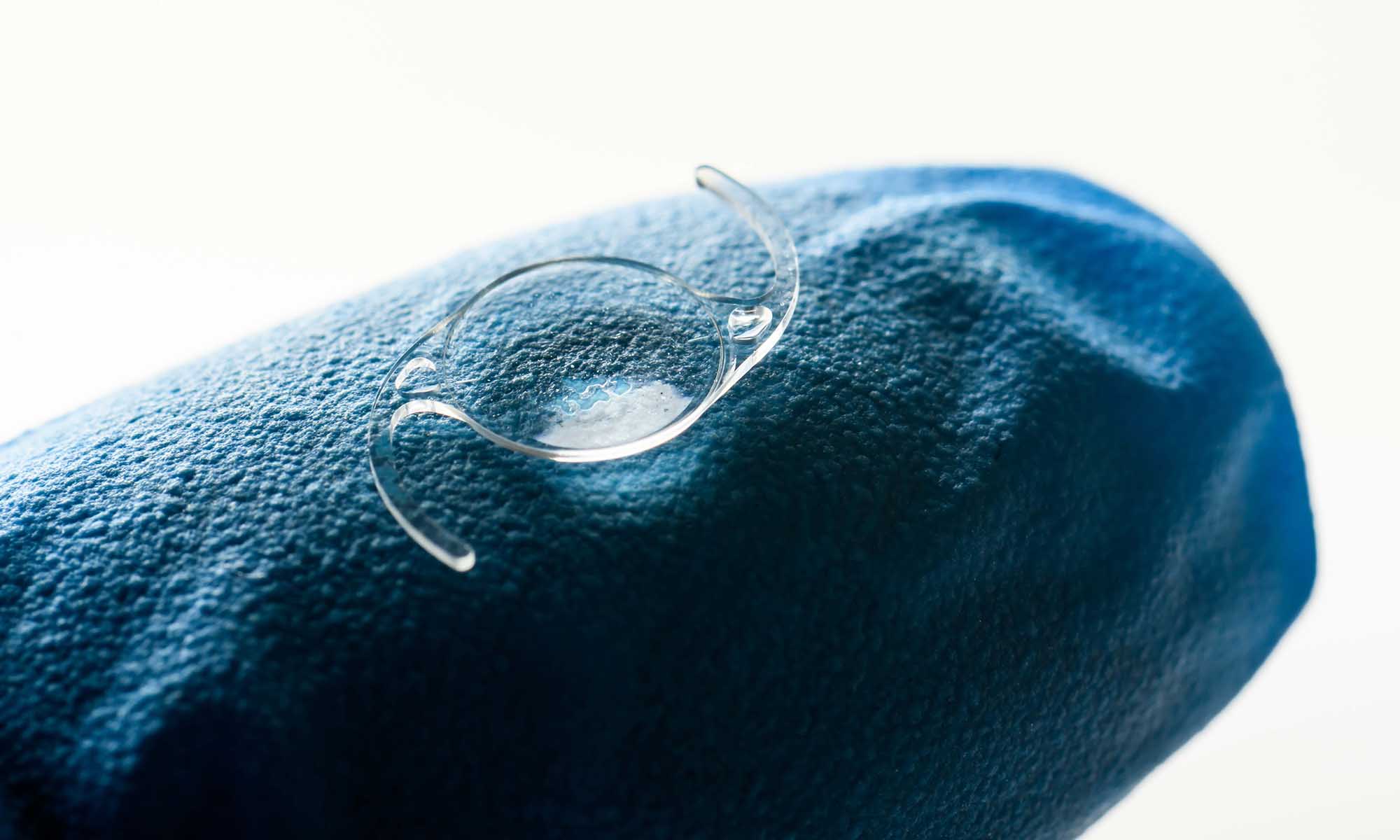
What are intraocular lenses? And how can they restore sight for patients with cataracts?
New technology is quickly improving the world’s most common form of eye surgery.
Sarah Bjornland ’17: Embracing her management superpowers
Meaningful connections with faculty and industry experts helped the Rochester graduate find her niche in the field of optics.
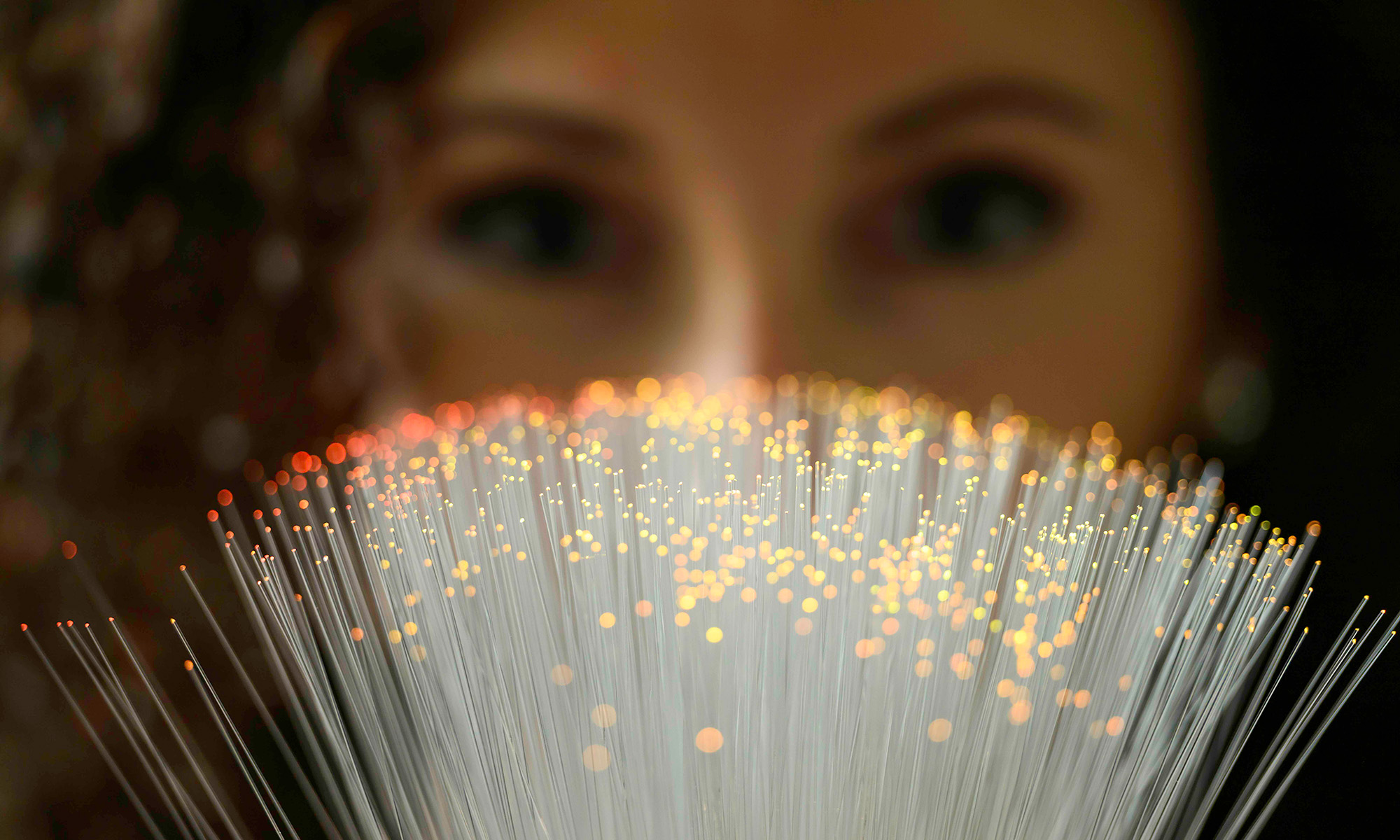
The surprising way that fiber optics connects us
An optics expert explains how thin strands of glass that transmit light make modern telecommunications possible.
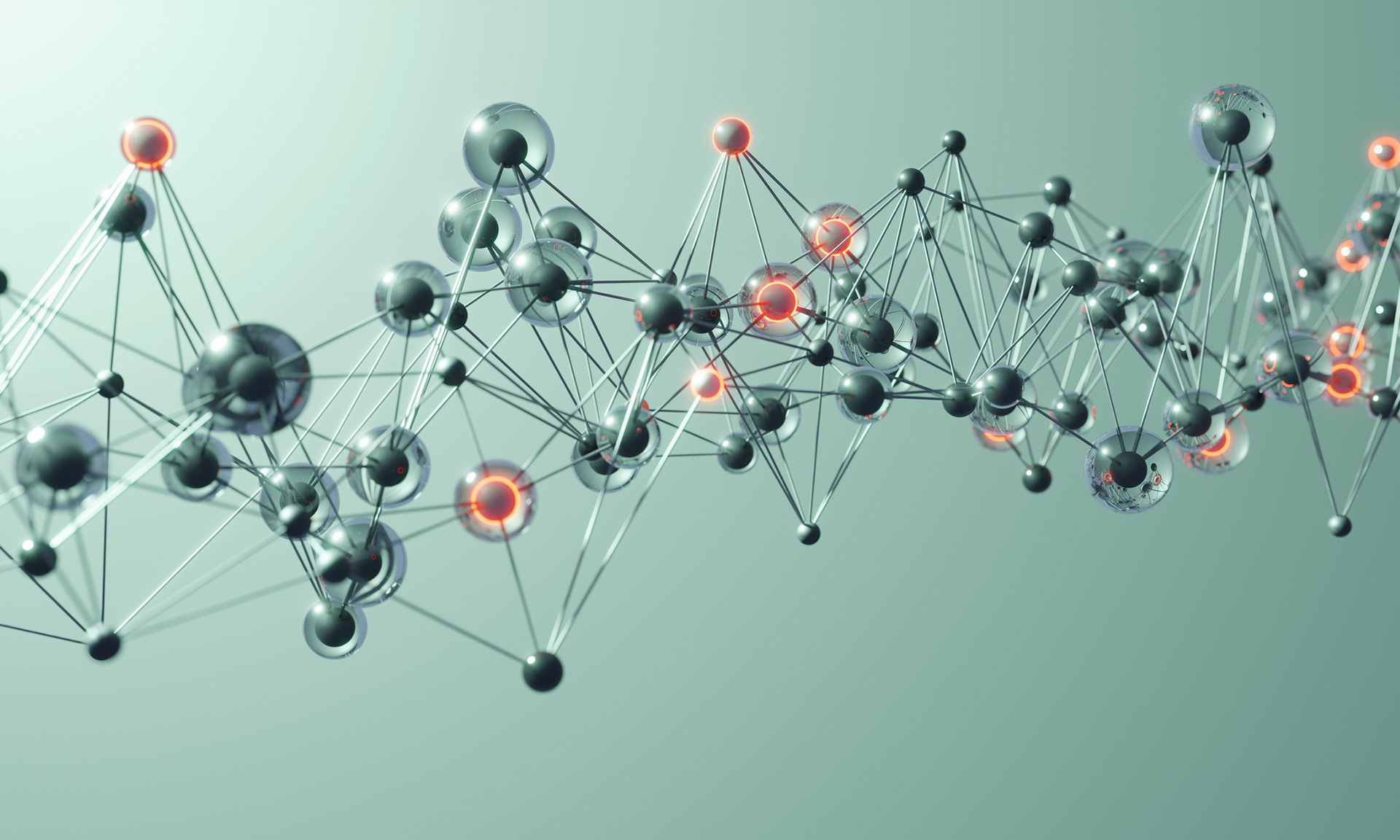
New method to study catalysts could lead to better batteries
A new algorithm opens the door for using artificial intelligence and machine learning to study the interactions that happen on the surface of materials.
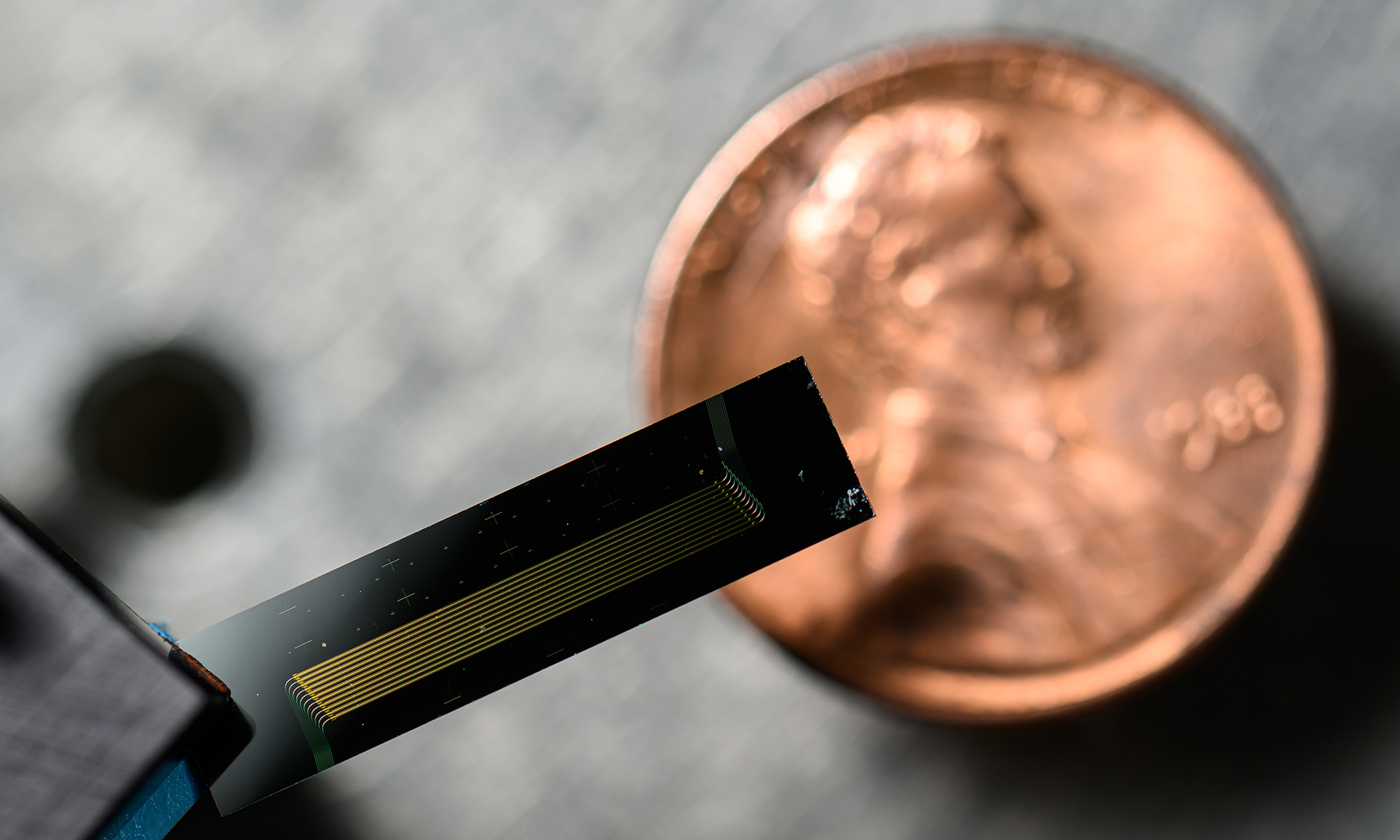
New laser smaller than a penny can measure objects at ultrafast rates
The chip-scale laser has applications ranging from guiding autonomous vehicles to detecting gravitational waves.
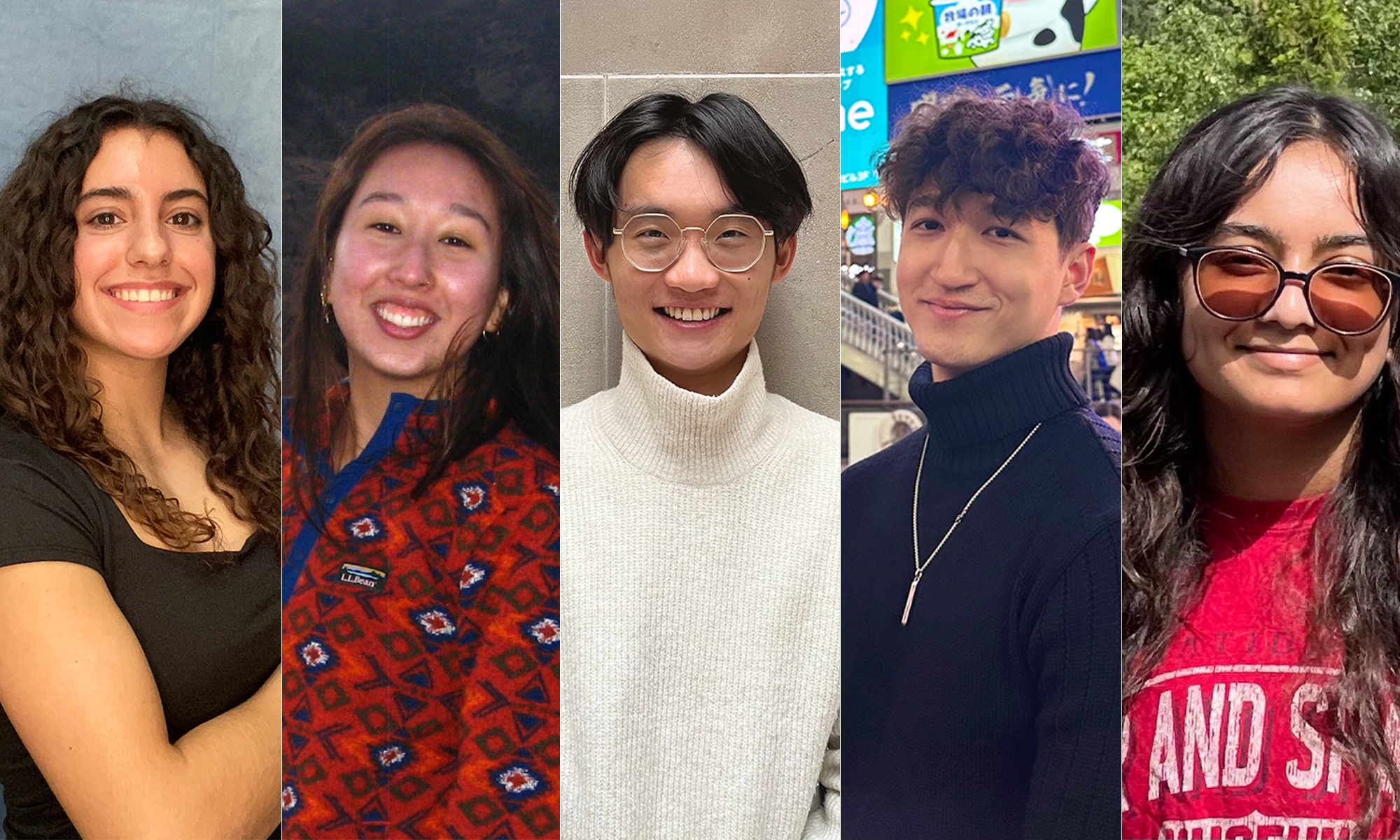
New scholars program is a catalyst for undergraduate research on chemical sustainability
The inaugural cohort of Barbara J. Burger Chemical Sustainability Scholars embarks on 15-month paid research experiences.
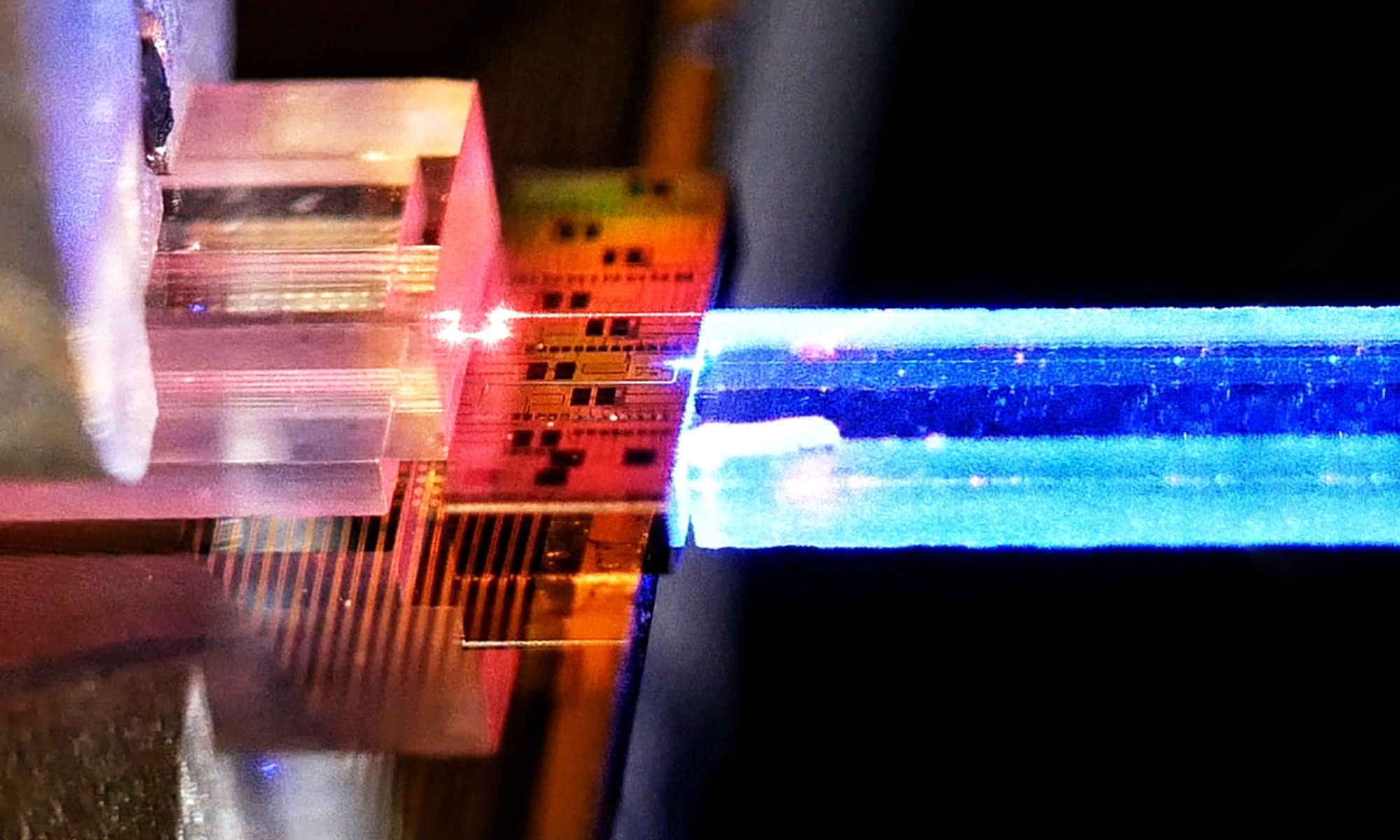
University of Rochester and RIT develop experimental quantum communications network
The Rochester Quantum Network uses single photons to transmit information over dual fiber-optic telecommunications lines.

Text-to-video AI blossoms with new metamorphic video capabilities
Using time-lapse videos as training data, computer scientists have developed video generators that simulate the physical world more accurately.
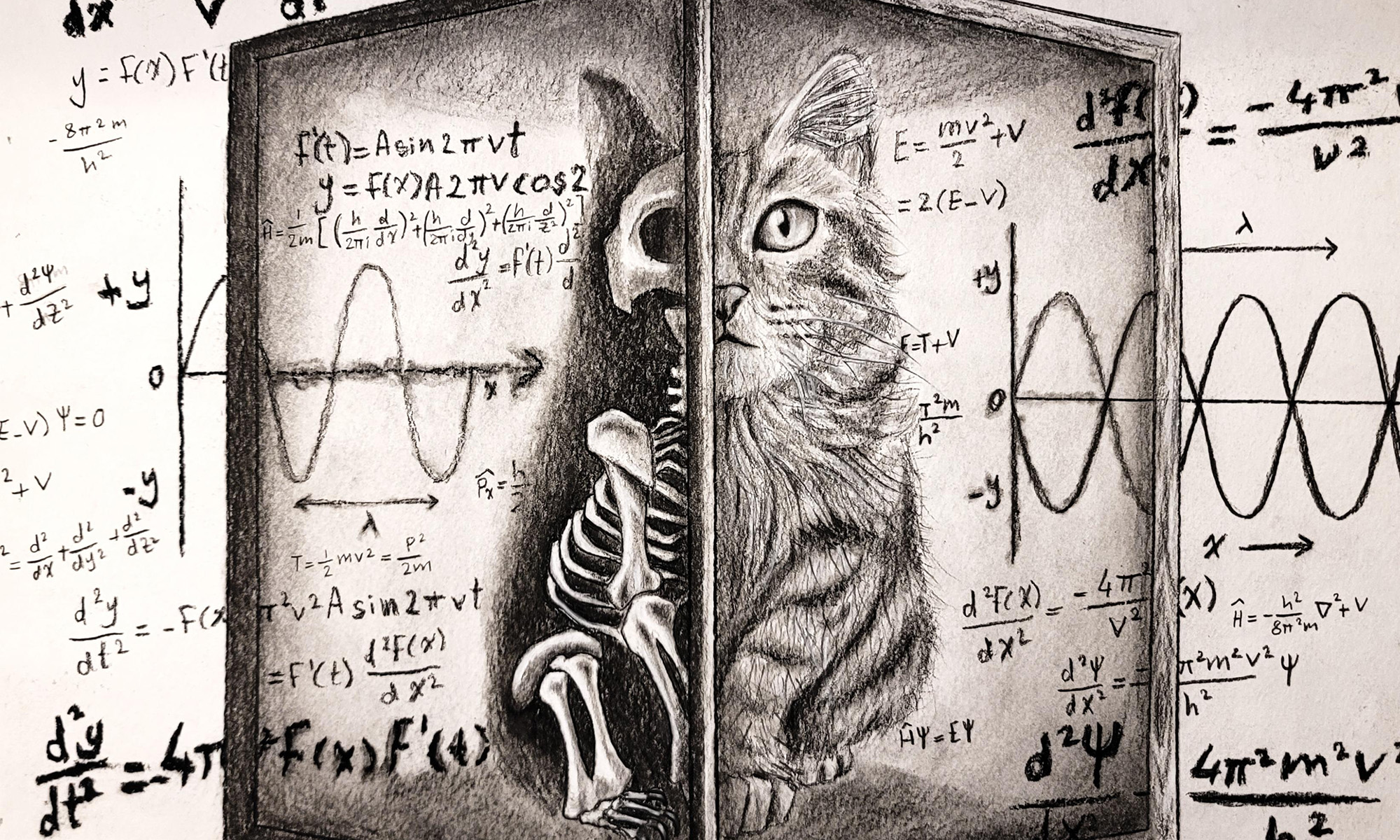
Winner of Ed and Barbara Hajim Art of Science competition thrives in two states at once
A record 770 Rochester community members weighed in on the competition, which explores the intersection of science, art, and technology.
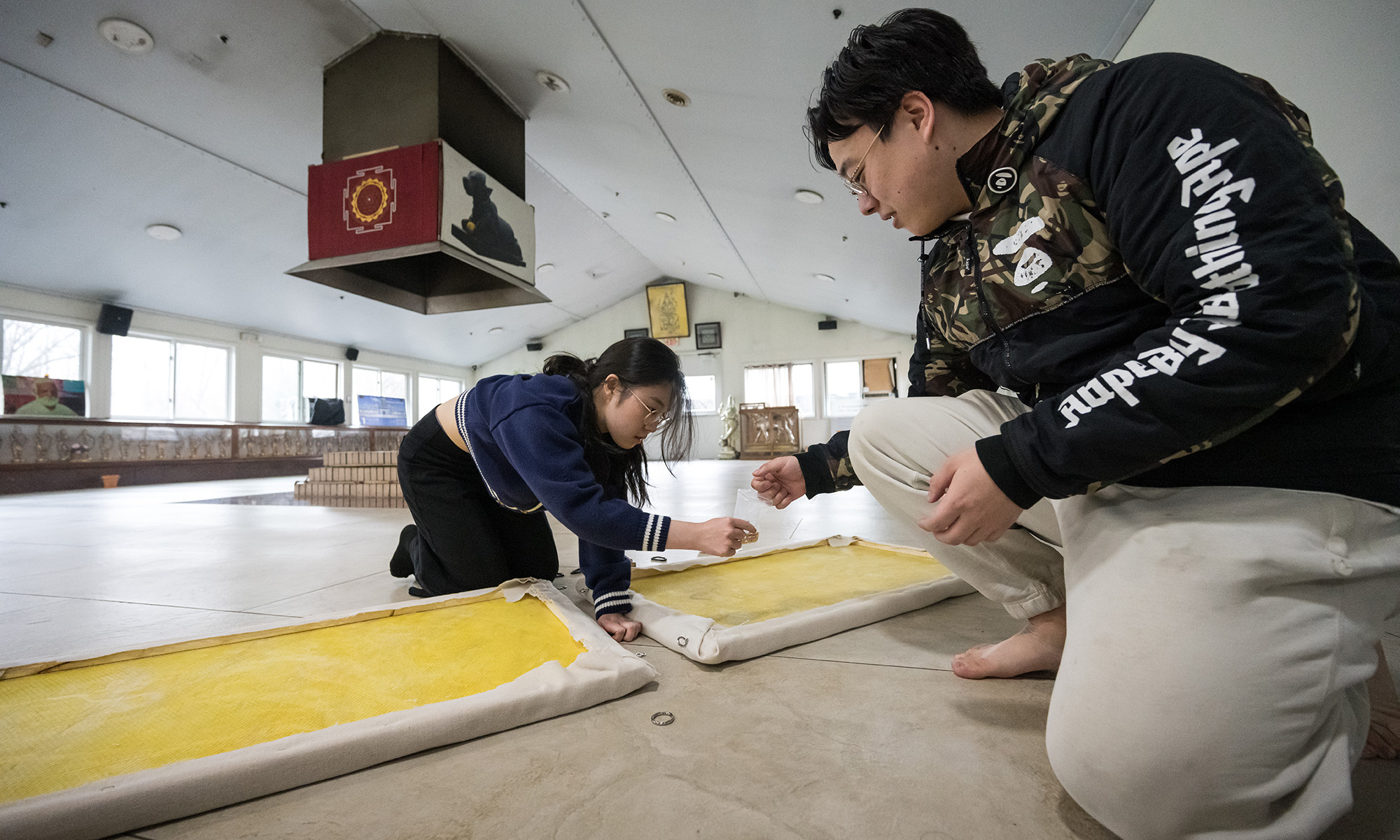
Rochester engineers serve the community through design capstone projects
Rochester seniors and master’s students provide businesses and nonprofits solutions to real-world problems.

